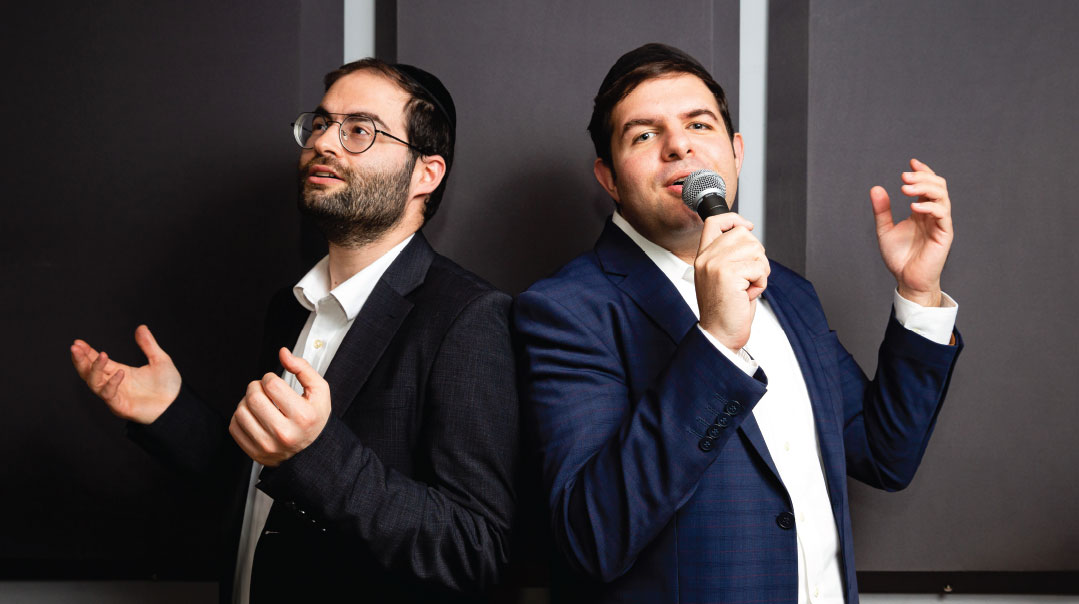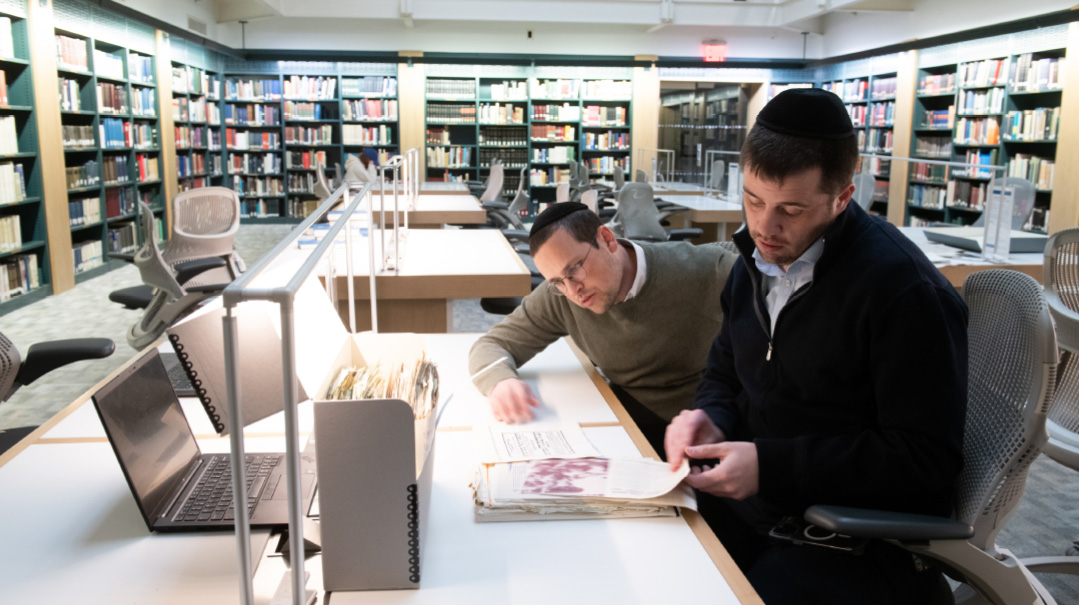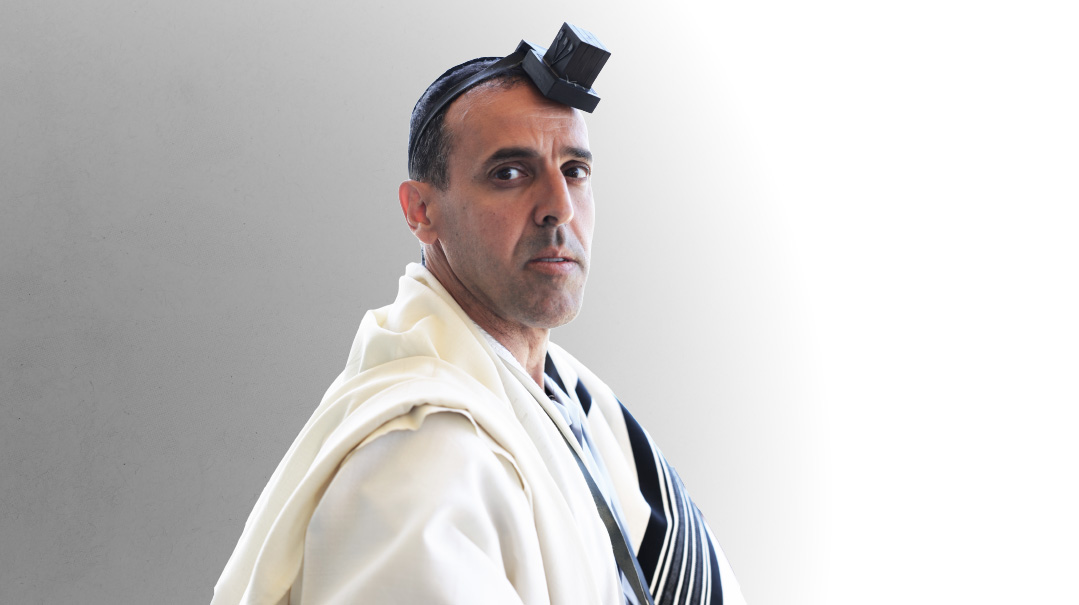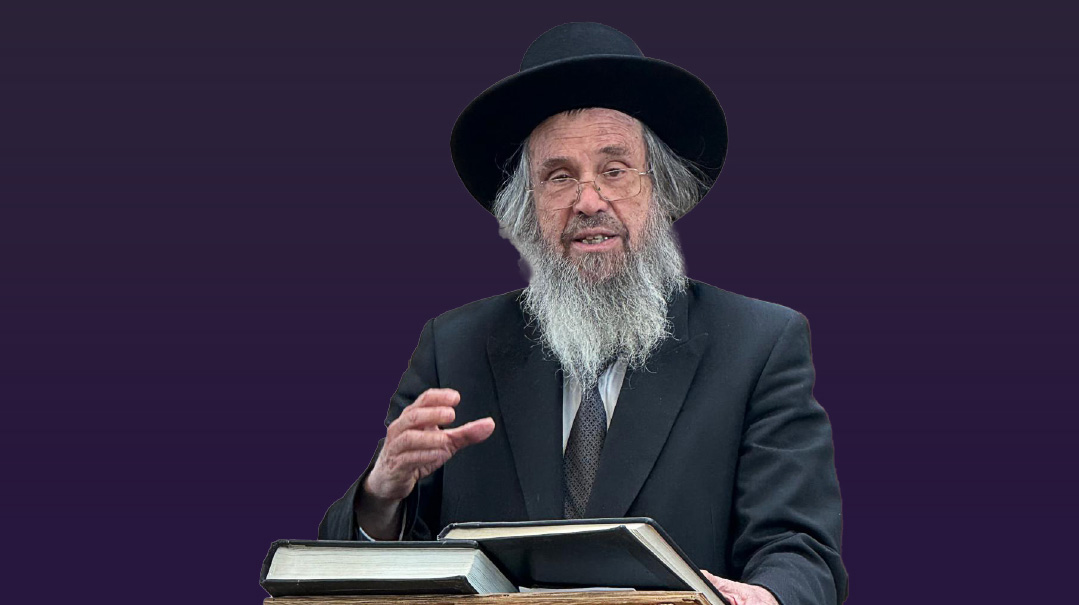Sound of the Times

One-stop music shop: In the studio with power duo Yitzy Berry and Eli Klein

Today, you don’t need a live orchestra and a classy studio to make incredible music. Just ask all the singers who’ve been beating a path to Yitzy Berry and Eli Klein, the young yeshivish duo based in Jerusalem who are behind much of the music being produced today. They conveniently compose, arrange, conduct, do vocals, mix, and master — all under one roof. “Of course,” says Yitzy, “I would like to think people also come to us because they like the results.”
The first surprise about Yitzy Berry is that much of today’s most popular Jewish music comes out of this friendly, soft-spoken yeshivish fellow’s one-room studio in his Har Nof apartment.
While his wife Malky is busy in the kitchen making supper for several active little kids, Yitzy and his longtime chavrusa and music partner Eli Klein are in the nearby bedroom-turned-studio putting the final touches on a song for singer Shloime Gertner in honor of the upcoming yahrtzeit of Rebbe Elimelech of Lizhensk.
Who says you need sophisticated ambiance to put out great music? From these warm and inviting daled amos have emerged MBD’s latest Tzaakah album, Naftali Kempeh’s albums, the Dirshu Siyum HaShas’s “B’zechus HaTorah” and “Orech Yamim,” and dozens of other albums and songs you surely know and love.
The second surprise is that although Yitzy Berry was born into a musical family, this composer, arranger, conductor, and producer never played an instrument until he was 16, and was around bar mitzvah age before he even knew what contribution his famous father made to the Jewish music industry.
His father is the “Suki” of the Suki and Ding team — veteran composer and arranger Suki (Rabbi Yissochor) Berry, whose music has accompanied some of the most popular performers over the last four decades. (Yitzy’s grandfather, Cantor Yechezkel Moshe Berry, is a well-known chazzan, and his mother, Mrs. Chumy Berry, is a composer in her own right — she wrote Avraham Fried’s “Hashem’s the World” and a very early Fried “Keili Ata,” which he sang on an album called Hallel, put out by Suki and Ding in the early 1980s.)
“My father is a musical genius. In addition to writing some of the great oldies — songs like ‘Ki Ayin Be’ayin’ and ‘Keili Chish Goali’ — he did many of the arrangements for the early MBD and Fried albums and wrote lots of those famous intros we know in our sleep. But growing up on Rechov Sorotzkin, I didn’t even know about the music,” Yitzky says. “His official job was mashgiach in Ohr Dovid for over two decades — today he’s menahel ruchani at Imrei Binah — and as kids, that’s all we knew. I knew he played piano, but I had no idea that he was a famous arranger. He never advertised it — he would write music at night and travel back to the US to record during bein hazmanim. Even if he would go to a local studio, it was never something he made a big deal about.”
When Yitzy was a teenager, his interest in music was piqued, and he began to plunk around on the piano. “Everyone told it me was pretty late to start, but I got the bug,” he remembers. “I would sit for hours — my older sister taught me the basic chords, what A minor and D minor mean, and my father gave me a little instruction too. But then I went off to yeshivah, and my new hobby looked like it would be shelved for the while.”
Yitzy was 17 when he entered Yeshivas Kol Torah, but if he thought his hobby was over, it was actually just beginning. Because he became chavrusas with a young musical prodigy named Eli Klein.
Oops! We could not locate your form.












